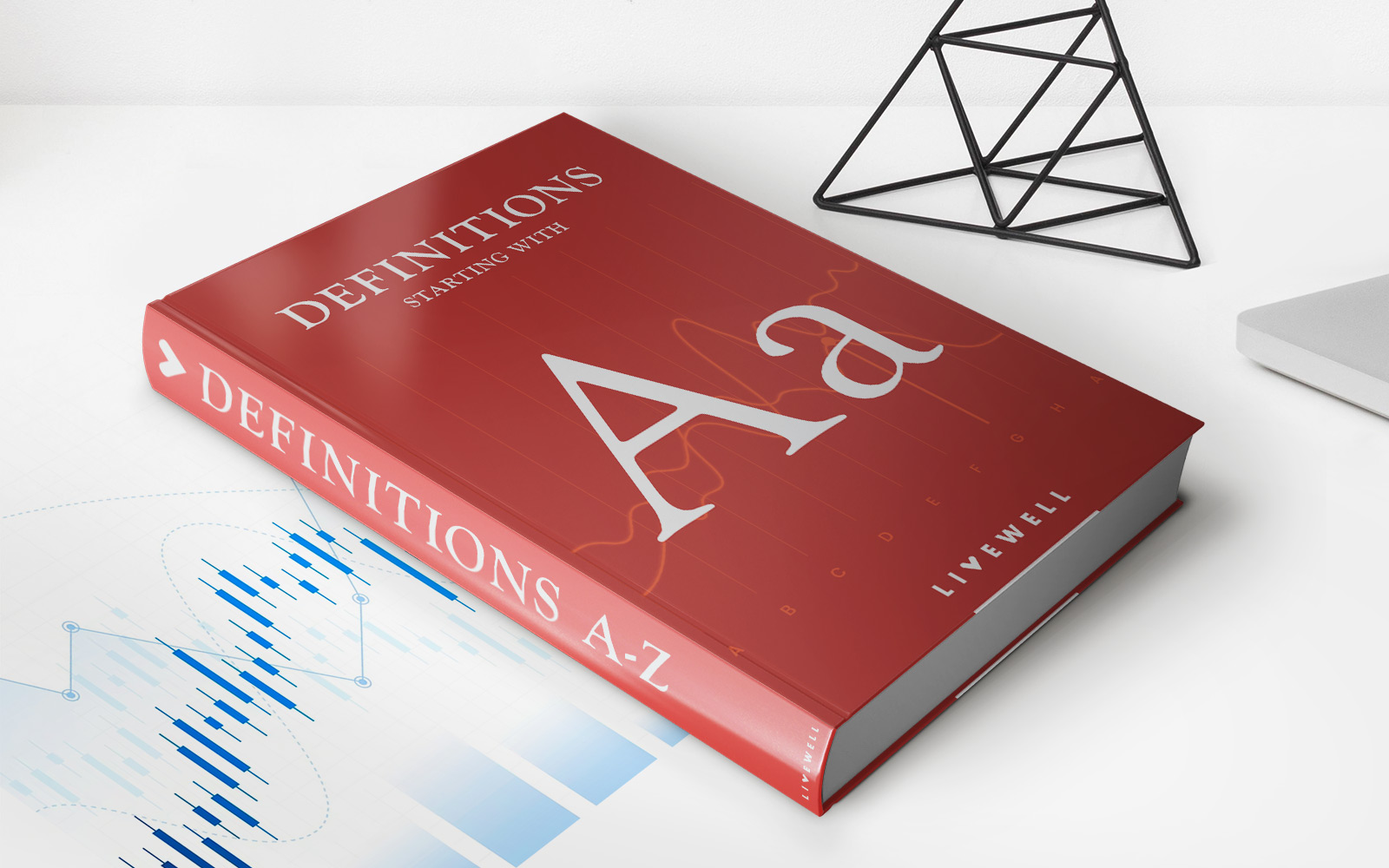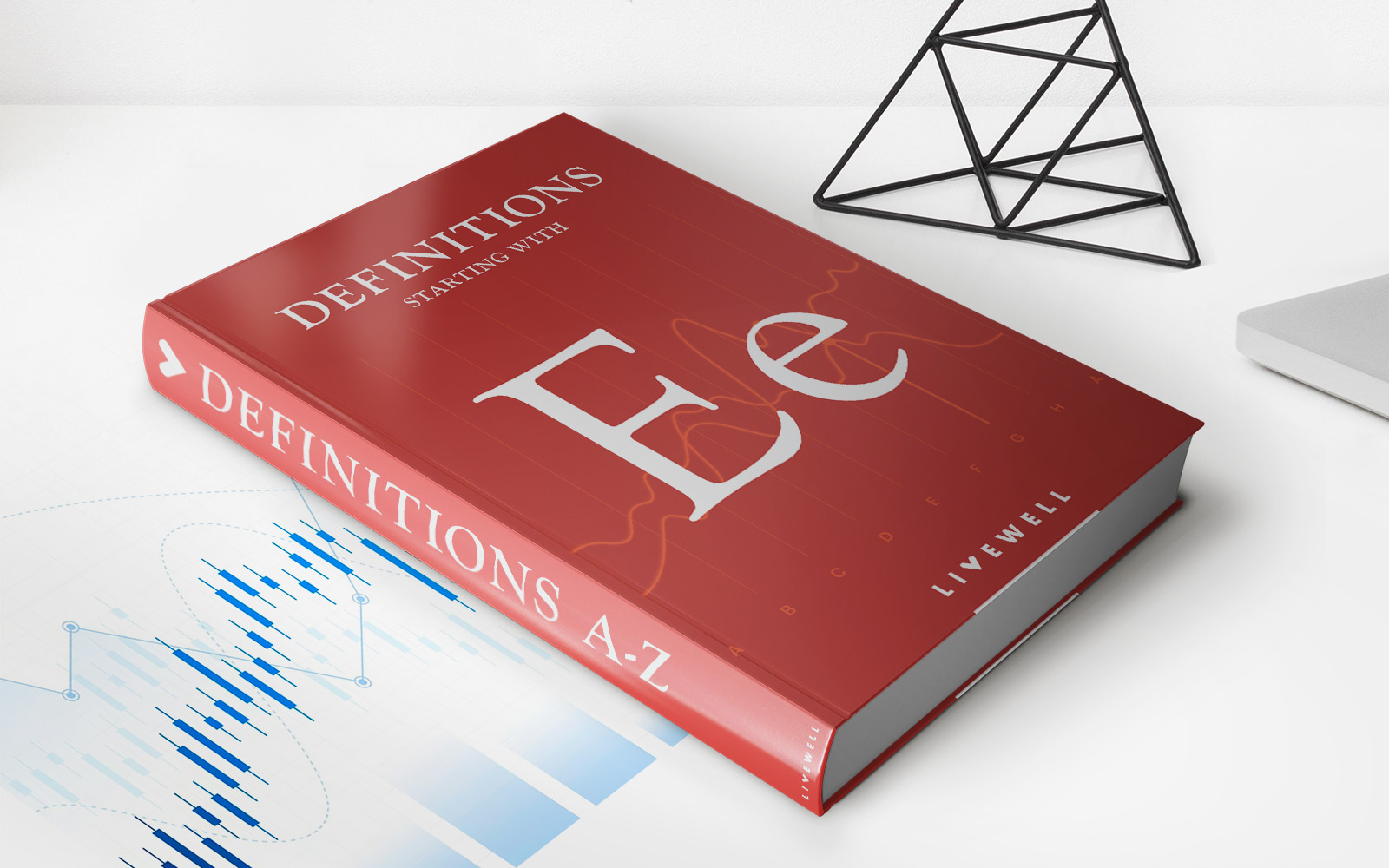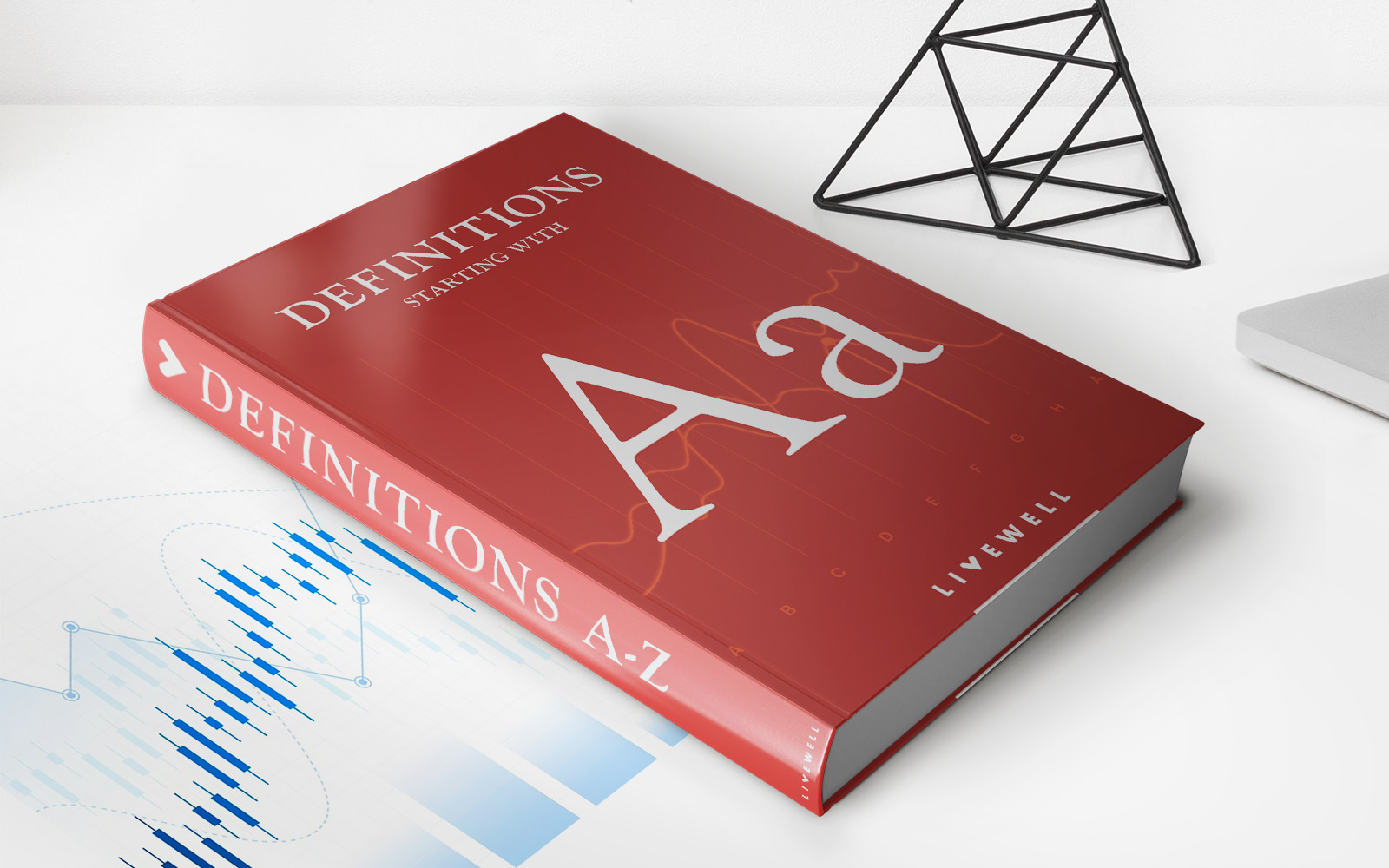

Finance
Federal Insurance Office (FIO) Definition
Published: November 22, 2023
Learn about the Federal Insurance Office (FIO) and its role in the finance industry. Understand the definition and importance of FIO in insurance regulation and consumer protection.
(Many of the links in this article redirect to a specific reviewed product. Your purchase of these products through affiliate links helps to generate commission for LiveWell, at no extra cost. Learn more)
The Federal Insurance Office (FIO): Definition and Why It Matters
When it comes to making sound financial decisions, having a clear understanding of the different aspects of the finance industry is crucial. One important entity that plays a significant role in the regulation and oversight of the insurance sector in the United States is the Federal Insurance Office (FIO). In this blog post, we will delve into the definition of the FIO and explore why it matters in the world of finance.
Key Takeaways
- The Federal Insurance Office (FIO) is a federal government agency responsible for monitoring and analyzing the insurance industry.
- It collaborates with state regulators, international organizations, and other stakeholders to ensure the stability and competitiveness of the insurance marketplace.
What is the Federal Insurance Office?
The Federal Insurance Office, commonly referred to as the FIO, is an agency within the U.S. Department of the Treasury. Its primary objective is to oversee and regulate the insurance industry at the federal level. Established as part of the Dodd-Frank Wall Street Reform and Consumer Protection Act in 2010, the FIO serves as an essential resource for policymakers, regulators, and the public.
The FIO operates with the objective of promoting financial stability and ensuring the availability and affordability of insurance products across the country. It works collaboratively with state insurance regulators, international organizations, and other stakeholders to analyze insurance market trends, identify potential risks, and develop policies that promote consumer protection and competition.
Why Does the FIO Matter?
The FIO plays a crucial role in the financial sector for several reasons:
- Regulation and Oversight: The FIO monitors and evaluates the insurance industry, providing valuable data and insights to regulators and lawmakers. This information helps in developing effective policies and regulations to safeguard consumers and maintain a stable insurance marketplace.
- International Engagement: With the globalization of financial markets, the FIO plays a key role in representing the United States in international forums and promoting cooperation and coordination in insurance-related matters. This ensures that the U.S. insurance industry remains competitive and aligned with global standards.
- Risk Assessment and Mitigation: By conducting thorough analysis, the FIO helps identify potential risks within the insurance sector, such as systemic risks or gaps in consumer protection, and proposes strategies to mitigate these risks. This proactive approach contributes to the overall stability of the financial system.
In conclusion, the Federal Insurance Office (FIO) is a vital entity within the U.S. Department of the Treasury that regulates and oversees the insurance industry at the federal level. Its role in monitoring market trends, analyzing risks, and collaborating with stakeholders ensures the stability and competitiveness of the insurance marketplace. By understanding the FIO and its significance, individuals can make more informed financial decisions and stay informed about the evolving landscape of the insurance industry.
For more informative articles and insights on finance, make sure to browse through our Finance category.














